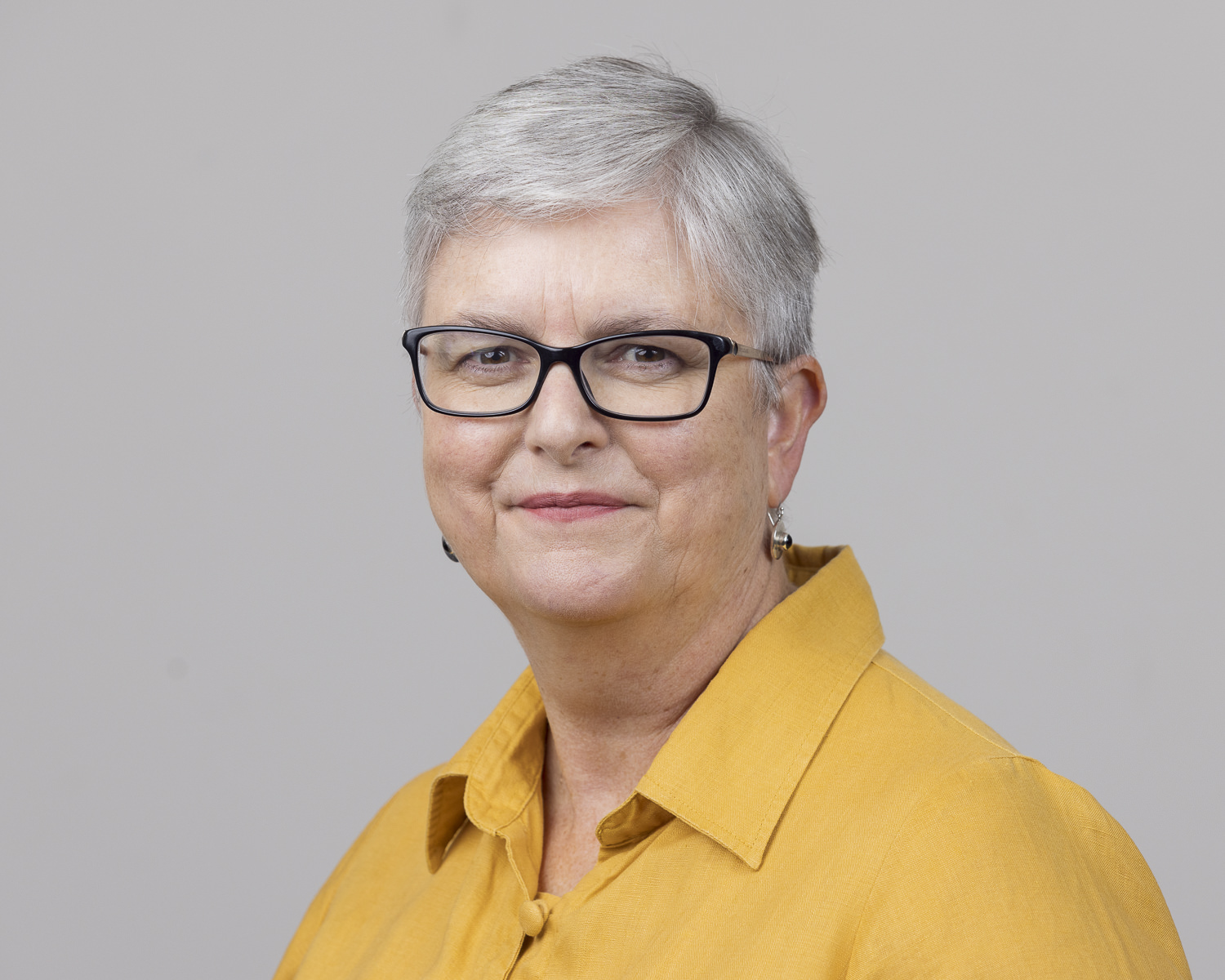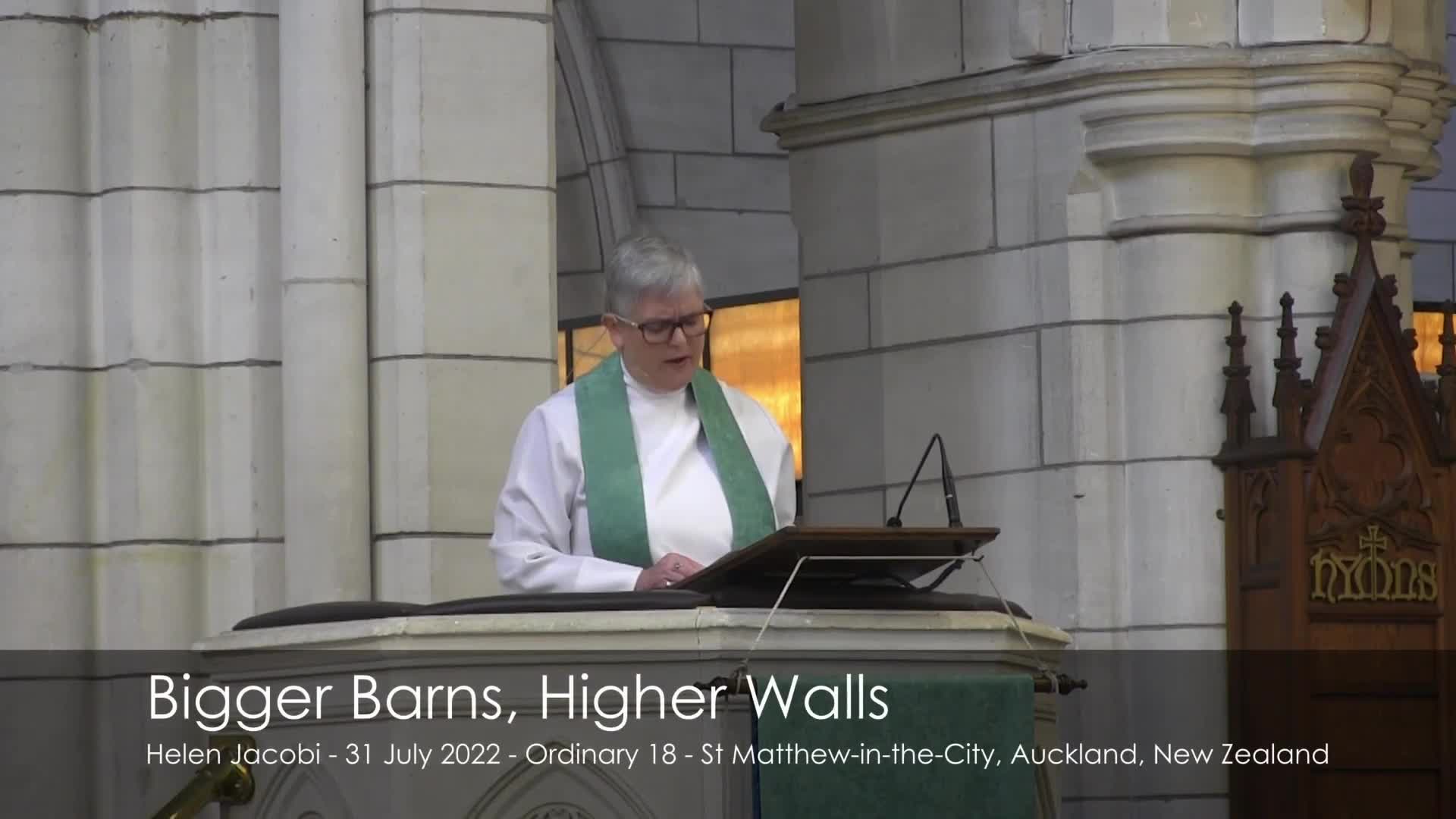
Home
Engagement
Social Services Sunday
Professor Peter Lineham tells some stories from our past and that of the City Mission


Who are we humans in the face of climate change?

Care of Creation confession

Perfume
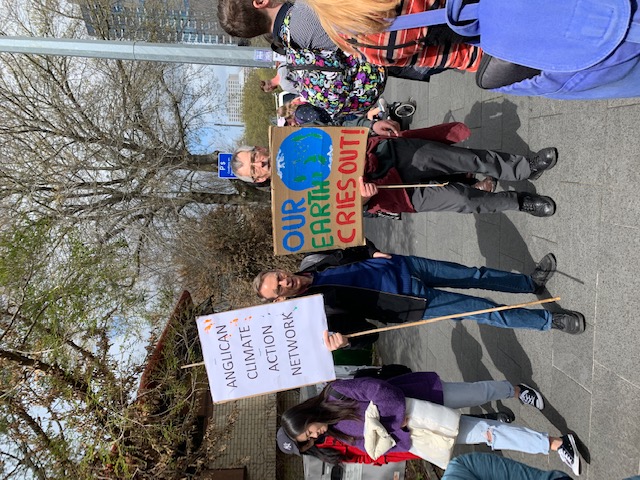
Climate Crisis Statement
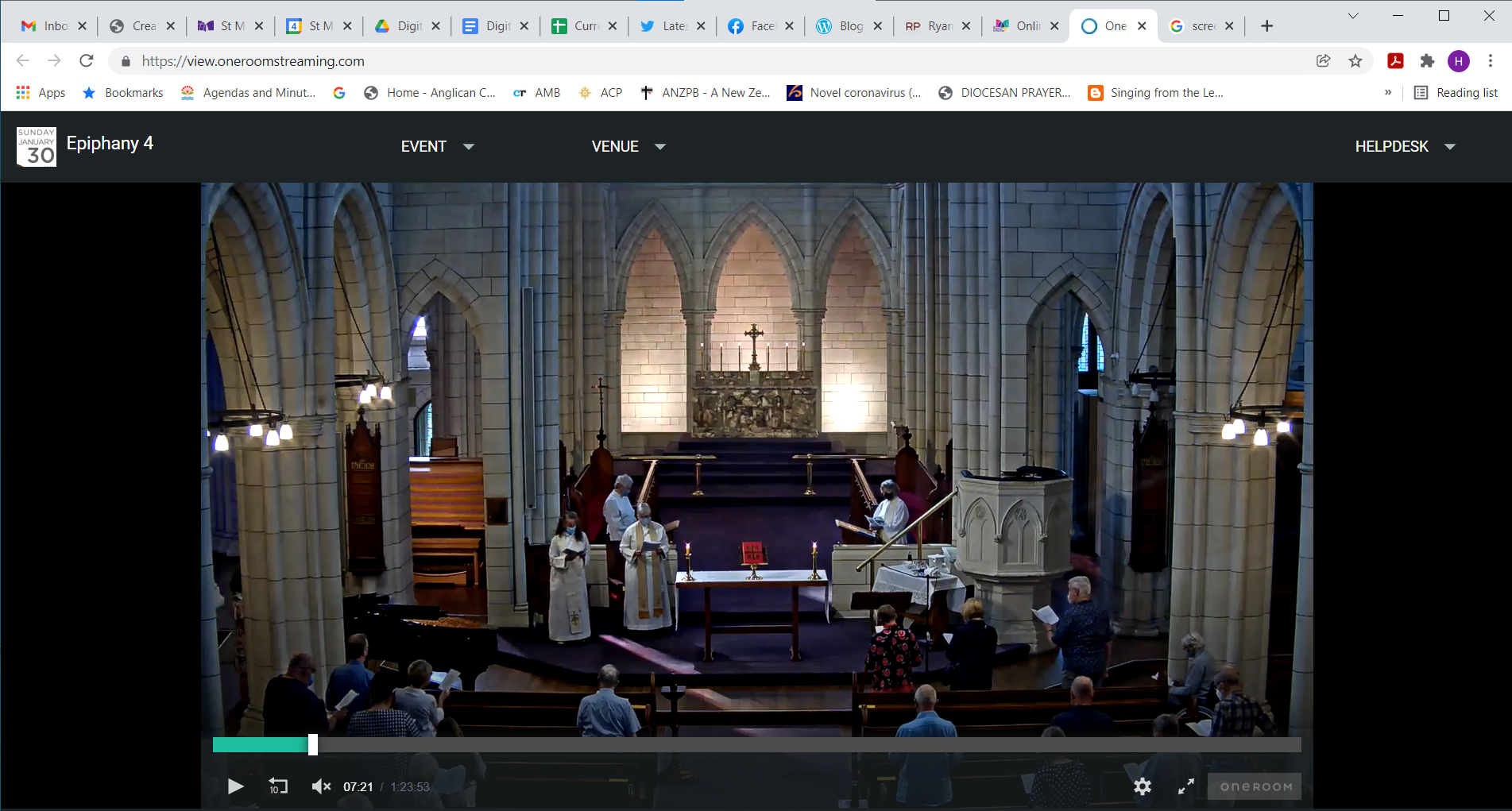
Hybrid worship
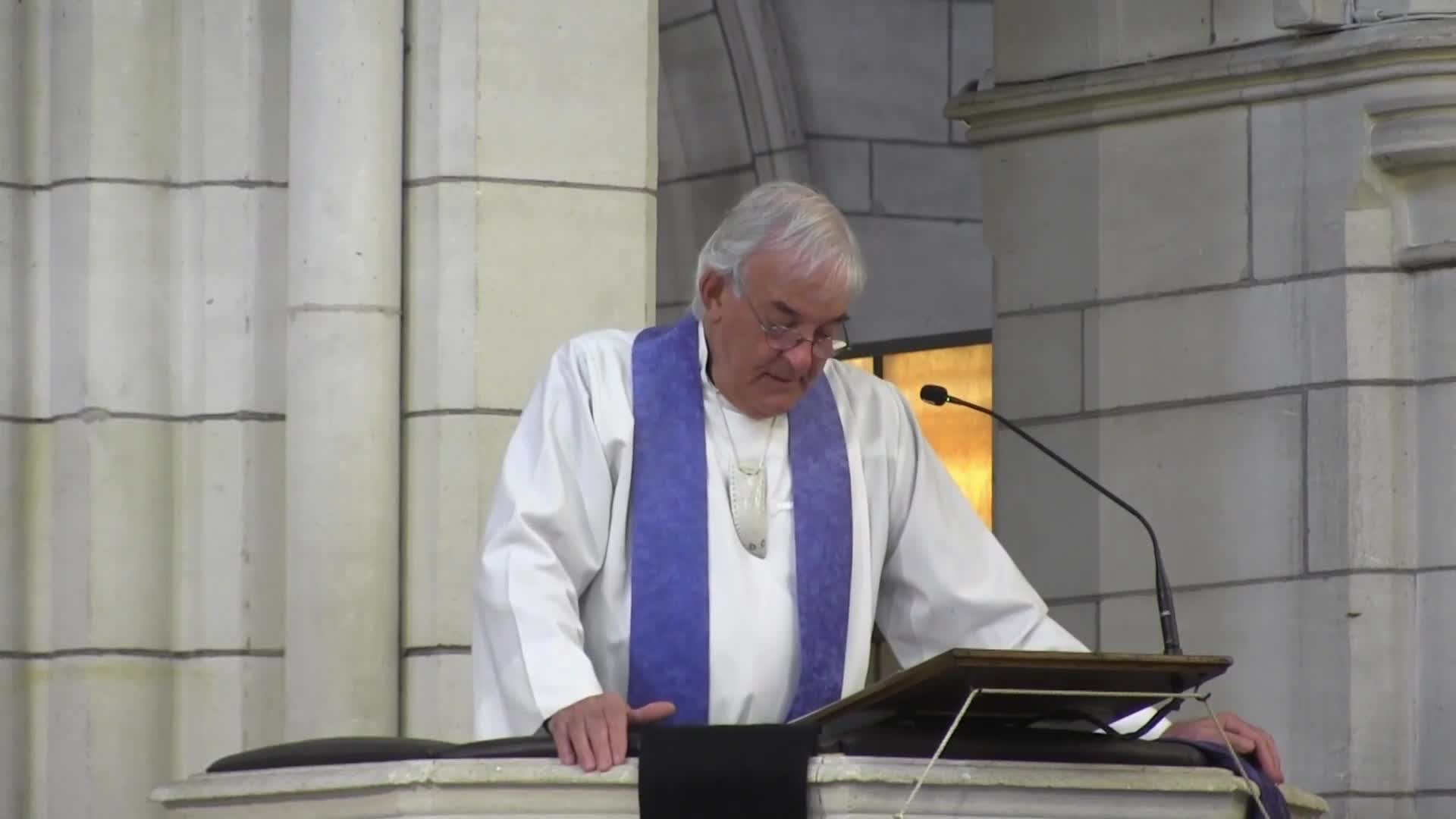
Matariki
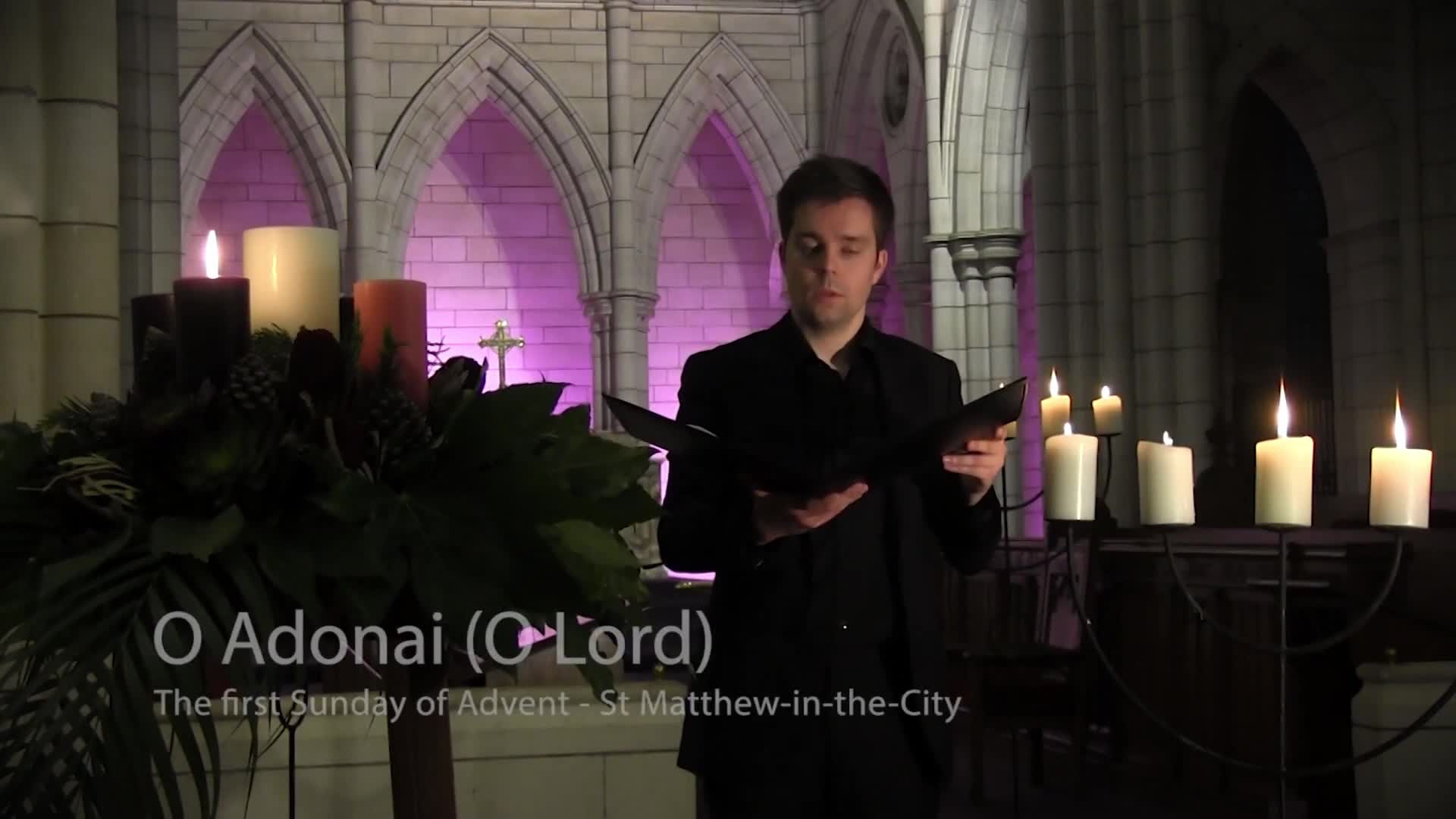
The Great O Antiphons: O Sapientia, O Adonai
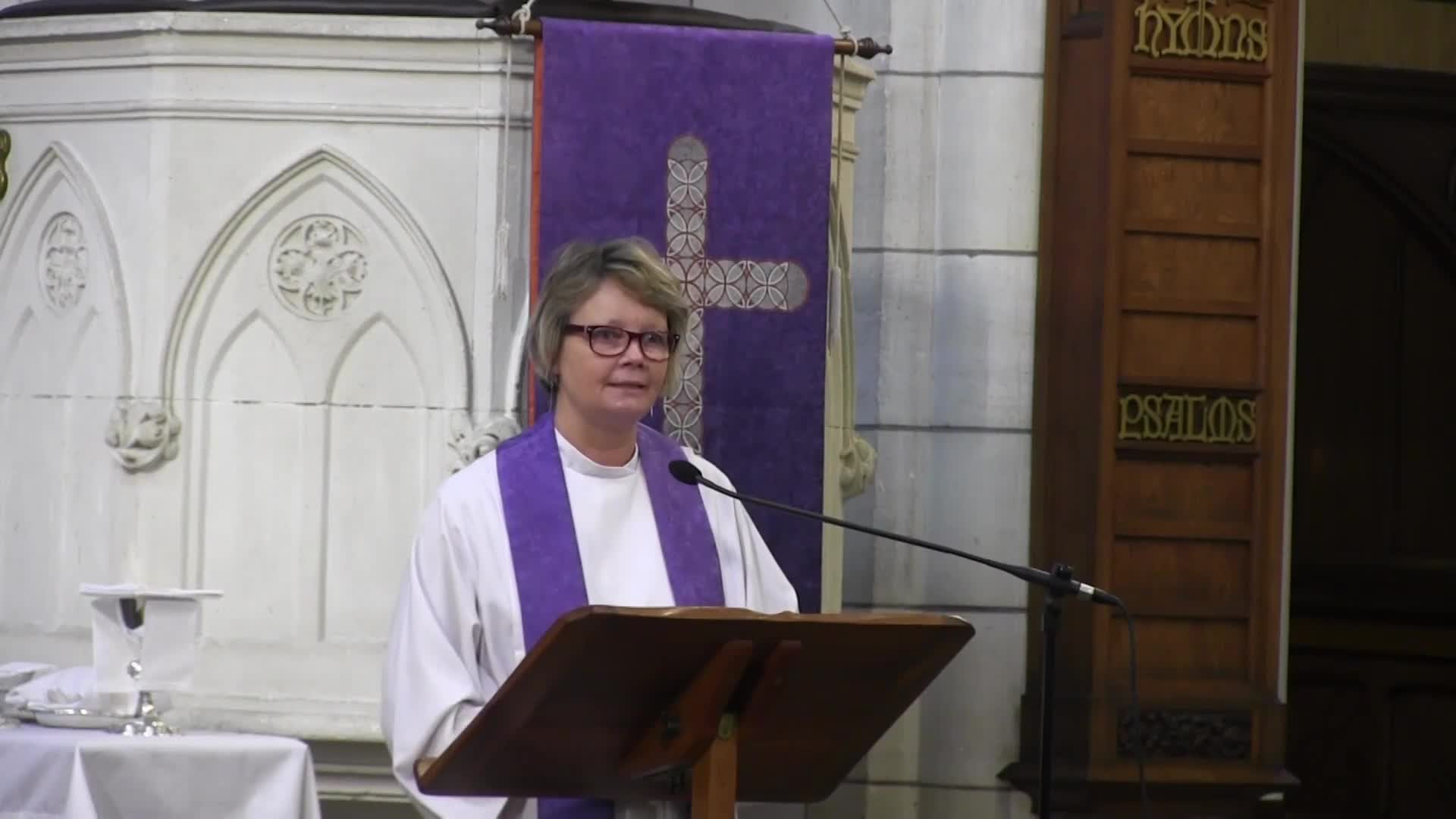
Prodigal Grace
